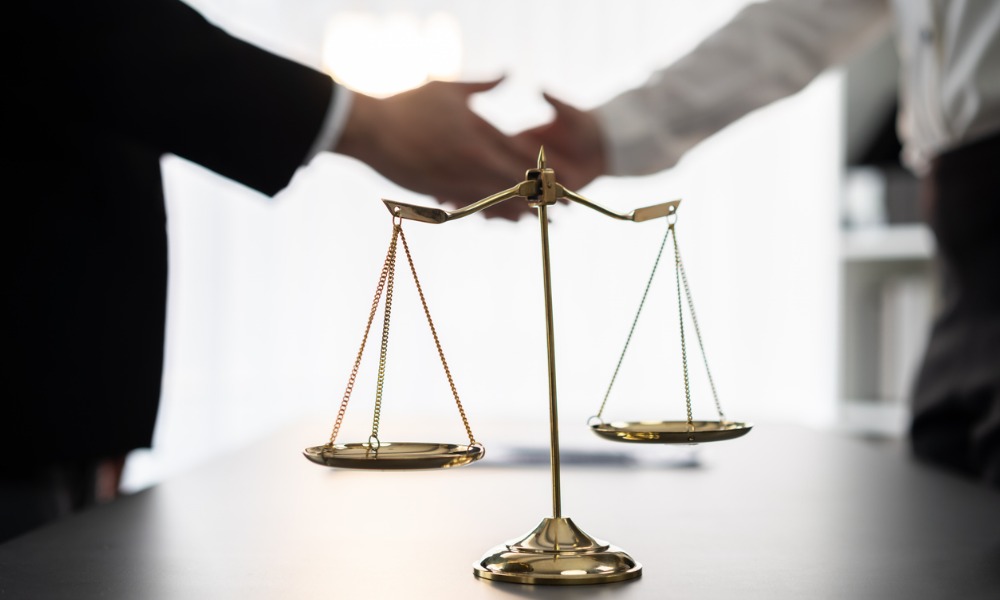Understanding Business Liability: How to Protect Your Company

Running a business comes with various risks, one of the most significant being liability. Business liability refers to the legal responsibilities that a company holds, which can lead to financial loss or legal consequences if not properly managed. Understanding business liability is crucial for protecting your company from potential lawsuits, fines, and other legal issues. This article explores the different types of business liability, common risks, and strategies to safeguard your company.
Types of Business Liability
Business liability can take many forms, depending on the nature of the business and its operations. The most common types of business liability include:
-
Product Liability
Product liability arises when a business is held responsible for damages caused by a product it manufactures, distributes, or sells. If a product is found to be defective or harmful, the company may face lawsuits from consumers or other businesses. This type of liability is particularly relevant for companies in the manufacturing, retail, and food industries.
-
Premises Liability
Premises liability refers to the legal responsibility a business has to ensure the safety of its premises. If a customer, employee, or visitor is injured on the company’s property due to unsafe conditions, the business may be held liable. Common incidents that lead to premises liability claims include slip and fall accidents, inadequate security, and poor maintenance.
-
Professional Liability
Professional liability, also known as errors and omissions (E&O) insurance, covers businesses that provide services or advice. If a client suffers financial loss due to the company’s negligence, errors, or omissions, the business could be sued for damages. This type of liability is particularly important for professionals like doctors, lawyers, accountants, and consultants.
-
Employment Practices Liability
Employment practices liability arises from claims made by employees against the company. This can include allegations of wrongful termination, discrimination, harassment, or violation of employment laws. Protecting your business from these claims requires a thorough understanding of labor laws and the implementation of fair and transparent employment practices.
Common Risks and How to Mitigate Them

While every business faces unique risks, some common liability risks apply across industries. Here’s how to mitigate them:
-
Inadequate Insurance Coverage
One of the biggest mistakes businesses make is not having adequate insurance coverage. Insurance is the first line of defense against liability claims. Depending on your business type, you may need general liability insurance, product liability insurance, professional liability insurance, or a combination of these. Review your insurance policies regularly to ensure they cover all potential risks.
-
Poor Contract Management
Contracts are vital in defining the terms and conditions of business relationships. Poorly drafted contracts can leave your business vulnerable to liability. Always ensure that contracts are clear, comprehensive, and legally binding. It’s also wise to have a legal professional review all contracts before signing to avoid potential pitfalls.
-
Neglecting Workplace Safety
A safe workplace is essential for minimizing premises and employment practices liability. Regularly assess your work environment for potential hazards and implement safety protocols to protect employees and visitors. Providing training on safety procedures and maintaining compliance with OSHA (Occupational Safety and Health Administration) regulations can significantly reduce the risk of accidents and related liability claims.
-
Failure to Protect Intellectual Property
Intellectual property (IP) theft or infringement can lead to significant financial losses and legal battles. Protecting your business’s IP, such as trademarks, patents, and copyrights, is crucial. Ensure you have proper legal protections in place and monitor the market for any potential IP violations.
-
Ignoring Cybersecurity
In today’s digital age, cybersecurity is a major concern for businesses of all sizes. A data breach can result in substantial liability, especially if sensitive customer information is compromised. Implement strong cybersecurity measures, such as encryption, firewalls, and employee training, to protect your business from cyber threats.
Legal Strategies for Protecting Your Business
To safeguard your business from liability, consider implementing the following legal strategies:
- Incorporate Your Business: Operating as a sole proprietorship or partnership exposes your personal assets to business liabilities. Incorporating your business or forming a limited liability company (LLC) can protect your personal assets by separating them from your business liabilities.
- Draft Strong Employee Policies: Clearly defined employee policies can prevent misunderstandings and reduce the risk of employment-related liability claims. Include policies on workplace behavior, discrimination, harassment, and disciplinary procedures in your employee handbook.
- Regularly Review Compliance: Stay updated on relevant laws and regulations that affect your industry. Regular compliance reviews can help identify areas where your business may be at risk of violating legal requirements, allowing you to take corrective action before any issues arise.
- Consult with Legal Professionals: Regular consultations with legal professionals can help you navigate the complex landscape of business liability. They can provide guidance on risk management, contract review, and dispute resolution.
Conclusion
Understanding and managing business liability is essential for protecting your company from potential legal and financial risks. By recognizing the different types of liability, mitigating common risks, and implementing strong legal strategies, you can safeguard your business’s future and ensure its continued success. Remember, proactive risk management and legal compliance are key to minimizing liability and maintaining a resilient business.




